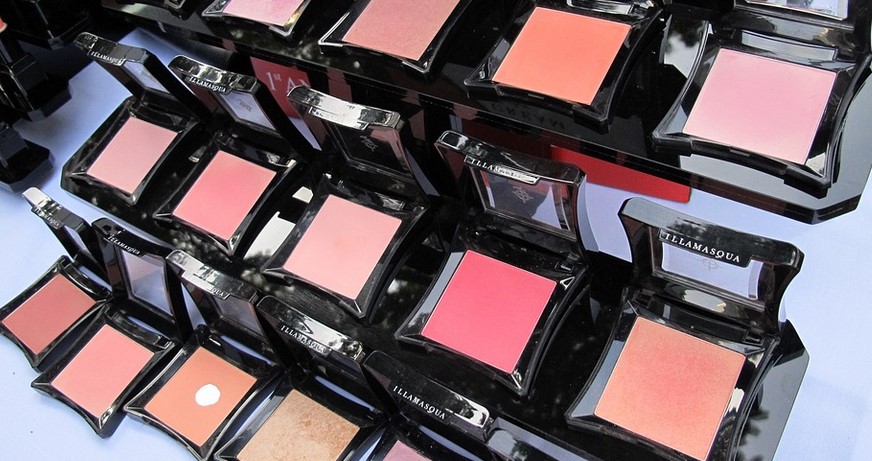Introduction
If you are considering or already using Invisalign as a teeth-straightening solution, one of the potential side effects you may experience is bad breath. While Invisalign aligners are a great alternative to traditional braces, they can also cause bad breath if not properly cared for. In this article, we will explore the causes of bad breath with Invisalign and provide some tips on how to prevent it.
What Causes Bad Breath with Invisalign?
Bad breath, or halitosis, can be caused by a variety of factors when using Invisalign. One of the main causes is the accumulation of bacteria in the mouth. When you wear your aligners, they create a warm and moist environment that is perfect for bacteria to thrive. This can lead to bad breath if you do not properly clean your teeth and aligners. Another cause of bad breath with Invisalign is dry mouth. When you wear your aligners, they can cause a decrease in saliva production, which can lead to dry mouth. This can make it easier for bacteria to grow and cause bad breath.
Preventing Bad Breath with Invisalign
The good news is that bad breath with Invisalign can be prevented with proper care and hygiene. Here are some tips to help prevent bad breath while using Invisalign:
1. Brush and Floss Regularly
It is important to brush and floss your teeth regularly, especially after meals. This will help prevent the buildup of bacteria and food particles in your mouth.
2. Clean Your Aligners
You should also clean your aligners regularly to prevent the buildup of bacteria. Use a soft-bristled toothbrush and mild soap to gently clean your aligners. Avoid using hot water or toothpaste, as they can damage the aligners.
3. Drink Plenty of Water
Drinking plenty of water can help prevent dry mouth and keep your mouth hydrated. This can also help flush out bacteria and food particles that can cause bad breath.
4. Use Breath Fresheners
Breath fresheners, such as mouthwash or breath mints, can help mask bad breath. However, they should not be used as a substitute for good oral hygiene.
5. Visit Your Dentist Regularly
Regular dental checkups can help prevent and treat bad breath. Your dentist can also provide additional tips and recommendations for maintaining good oral hygiene while using Invisalign.
Conclusion
Bad breath with Invisalign can be a common side effect, but it can be prevented with proper care and hygiene. By following these tips, you can keep your mouth healthy and your breath fresh while using Invisalign. Remember to always consult with your dentist if you have any concerns or questions about your oral health.

